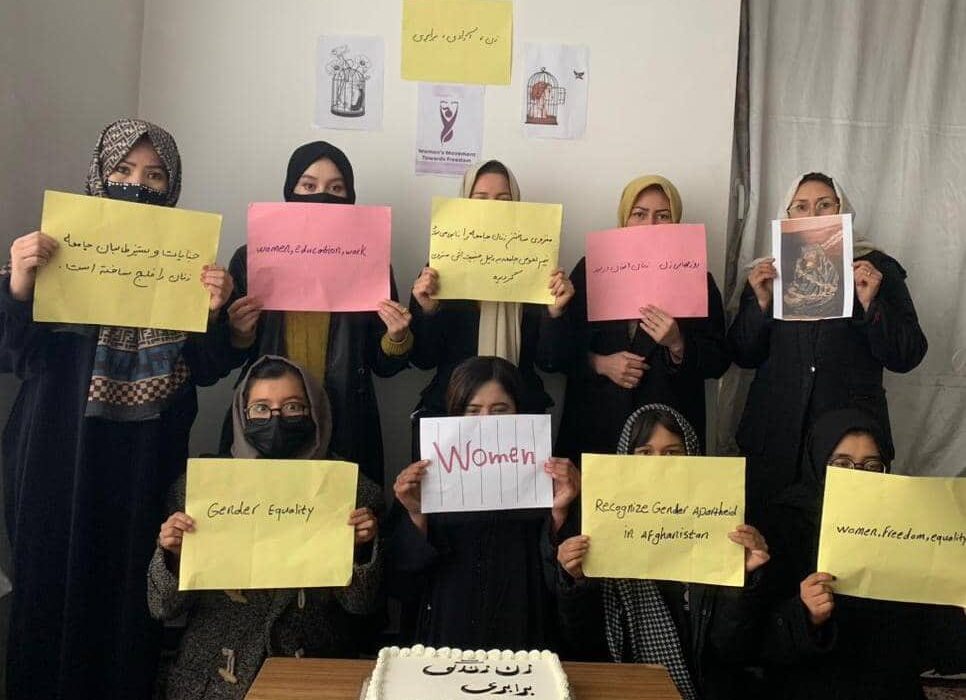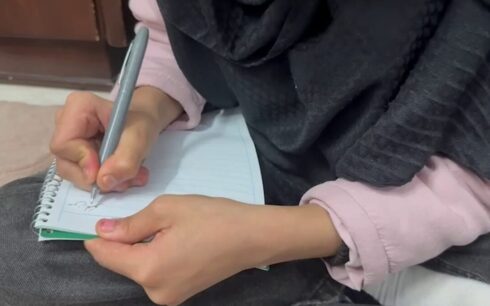Gender apartheid has become a prominent term recently, especially following the Taliban’s takeover of Afghanistan.
The severe restrictions imposed on women and girls in Afghanistan have spurred calls for the recognition of gender apartheid, raising several critical questions: What exactly is gender apartheid? Why is its recognition crucial for Afghanistan? What steps can be taken to pursue this recognition, and what are the potential consequences?
Origins of Apartheid
The term “apartheid” originates from South Africa, where it became widely known after World War II. A regime prioritizing white supremacy was established, but it was eventually overthrown due to heavy international condemnation. In 1973, the United Nations declared apartheid “illegal and a crime.” The Rome Statute was established, leading to the creation of the International Criminal Court in The Hague to address cases of apartheid and similar crimes against humanity.
Gender Apartheid in Afghanistan
With the Taliban’s takeover of Afghanistan in August 2021, repressive policies targeting women and girls were quickly implemented. These policies severely restricted women’s and girls’ access to freedom, education, work, and movement. Human rights activists, protesting women, and UN experts have since highlighted a new form of apartheid: gender apartheid.
Taliban’s Restrictions on Women and Girls
- Women and girls are banned from attending universities, sports stadiums, recreational areas, and beauty salons.
- Female students above the sixth grade are not allowed to go to school.
- Women and girls cannot travel without a male guardian.
- Women and girls are barred from working in foreign organizations and, in many cases, government institutions.
Calls for International Recognition
Human rights activists argue that the Taliban’s decrees, which categorize citizens based on gender, constitute systematic and planned discrimination, thus forming gender apartheid. They urge the international community to recognize it.
“Afghanistan has become a graveyard of women’s dreams. We are worried. Why are women’s voices not heard? Why are they creating hurdles to women’s hopes and dreams, including work, education, or higher education?” a Kabul resident lamented.
Legal and Diplomatic Efforts
Recognizing gender apartheid requires a lengthy process, with the International Criminal Court in The Hague being one proposed venue. The United Nations General Assembly Sixth Committee is reportedly working on a pact titled “crimes against humanity,” with Afghanistan among six countries striving to include gender apartheid. However, discussions are still in the preliminary stages, with a decision expected in October.
Potential Consequences
Experts believe that recognizing gender apartheid could lead to significant outcomes, including economic sanctions. Legal experts argue that it would facilitate the process of bringing perpetrators of gender apartheid in Afghanistan and other countries to justice and impose more conditions for engagement with Taliban-controlled Afghanistan.
“A new convention regarding perpetrators of gender apartheid needs to be established. This convention could hold accountable those who have committed gender apartheid in Afghanistan,” said Farooq Aleem, a former prosecutor.
Taliban’s Rejection
The Taliban has consistently rejected the term “gender apartheid,” insisting that “the rights of women and girls have been ensured.” However, Richard Bennett, the United Nations Special Rapporteur on human rights in Afghanistan, described the Taliban’s restrictions on women and girls as “systematic.”





